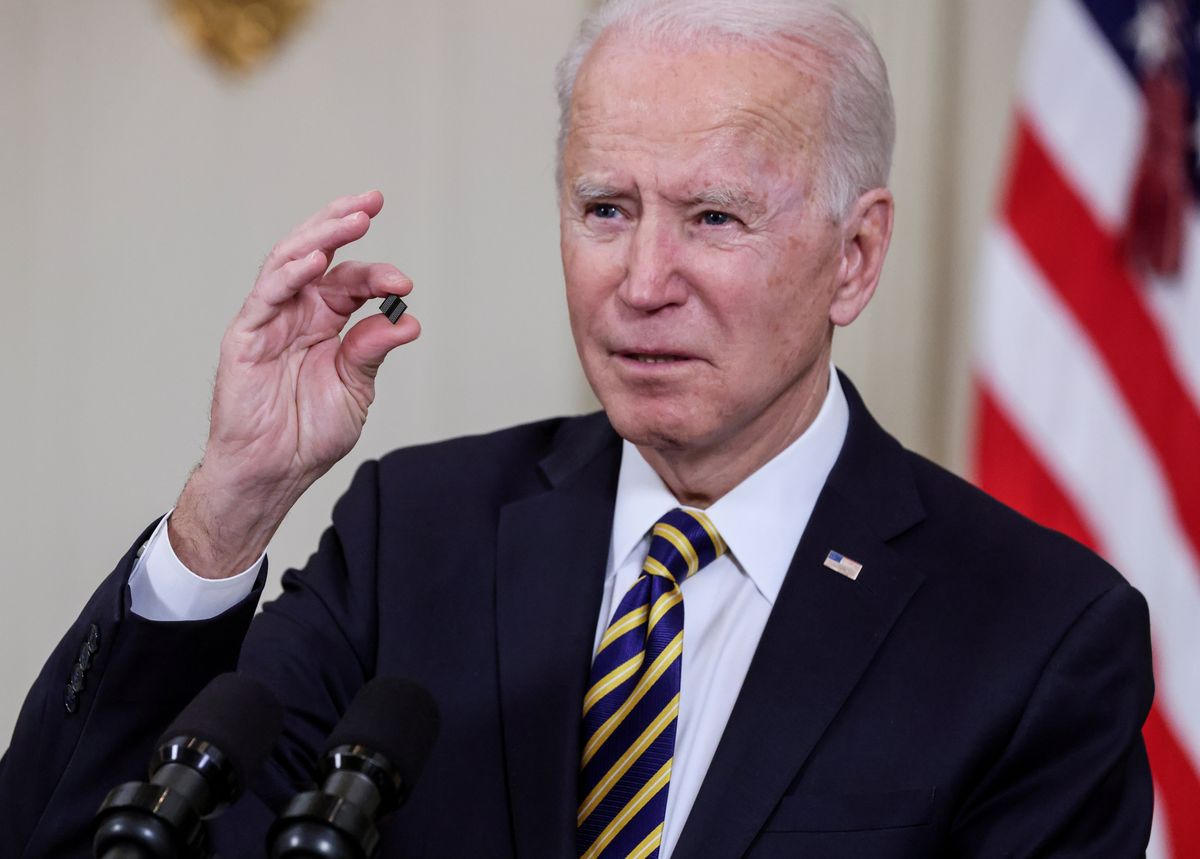In a move that deepens the breach between the world’s two largest economies, the Biden administration this week authorized the Treasury Department to prohibit US firms from investing in several cutting-edge technology industries in China.
The order aims to stop American capital from financing Chinese research into quantum computing and advanced semiconductors and places fresh restrictions on investment in Chinese AI or other semiconductor technology industries.
Amid a deepening rivalry with China to achieve mastery over these technologies, Washington has framed the latest measure as a way to protect US national security.
One big question is: Will US allies do the same thing? Powerful as the US is, a strategy to crimp Beijing’s technological progress doesn’t work half as well if China can look elsewhere for high
quality investment.
It looks like things are moving that way. UK Prime Minister Rishi Sunak said Thursday he was considering a similar move, and the EU has been mulling measures of this kind since at least April when European Commission President Ursula von der Leyen suggested measures to curb European private sector investment in “sensitive technologies” in China.
And recall that after the US banned its companies from exporting sensitive technology to the Chinese semiconductor industry last year, both Japan and the Netherlands — major suppliers to China — quickly followed suit.
Is “decoupling” of this kind a good idea? If the US and EU are worried about China making critical breakthroughs then it makes sense not to help China do that. On the other hand, critics say that cutting the industries off from each other makes it harder for each side to monitor the other’s progress and to collaborate on guardrails for potentially destructive new technologies.
Tell us what you think. Is “decoupling” smart or shortsighted?



















